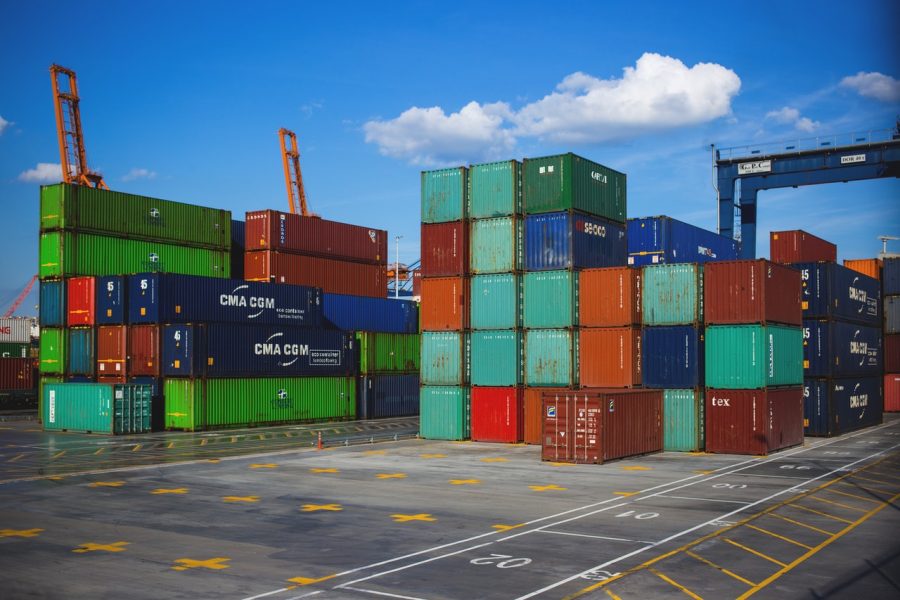Granted, Amazon is undeniably one of the best ways of making money for new sellers, but there are a few pitfalls you need to watch out for:
1. Amazon FBA can be expensive
There are charges for both fulfillment fees and storage fees.
You must track how fast your inventory sells or sits in the warehouse to avoid paying hefty sums as storage fees.
Make sure also to calculate your return on the products sold after making the payment for Amazon fulfillment fees.
It will clarify whether you are making a profit or running losses.
2. Storage fees for long-term
Paying storage fees is not bad so long as your products are selling. However, when your product sits in storage for over six months, then it screams trouble.
Amazon’s business is to sell and not store, so not selling and saving for too long can mean paying a lot of extra money.
When a product sits for too long in storage, sellers can expect to pay sky-high storage fees.
3. Getting more returns
Amazon’s return policy and the process has made it very reliable and easy for customers to make quick returns.
You will find that many customers make impulse purchases, which can lead to higher rates of returns.
4. Preparing products for shipment can be difficult
Amazon maintains strict guidelines when it comes to preparing and shipping items to them.
Accordingly, you have to enter the products accurately in the Amazon database, label it appropriately, and dispatch it to the right warehouse.
The process can be time-consuming and tedious when you are doing it for the first few times.

5. Inventory accounting can be difficult
It is challenging to keep track of which products to order, which ones are still available, and which ones are not selling when nothing is visible to you.
You will find it especially hard when you sell products on numerous channels.
Count yourself fortunate if you have the ByteStand app as it is capable of automating inventory management between Amazon and BigCommerce.
6. Sales tax is difficult
Every state’s sales tax collection rules differ from one another in the United States.
If your business caters only around one state, it is simple. However, Amazon’s various fulfillment centers are available in virtually every country. It means there is a constant shuffling of inventory between warehouses.
So, there is no way of answering whether-
- you only collect sales tax from the state where your business operates.
- or, from every country where Amazon operates.
Fortunately, tax partners like Avalara come in handy to help you with the tax rules in different regions across the globe
7. Blending merchandises can be lethal
To avoid confusion and organizing products of the same nature, Amazon avails you the option to blend or merge your products with other similar ones from other sellers.
The upside is that you avoid the tedious job of having to prepare and label the product.
However, there have been incidences where some unethical sellers send in damaged or counterfeited products.
So, the downside is that you might be the unlucky legitimate seller who can end up receiving the negative reviews on a product not submitted by you and even get banned from selling on Amazon.






 Your total news and information resource for all things Science, Technology, Engineering / Mathematics, Art, and Medicine / Health.
Your total news and information resource for all things Science, Technology, Engineering / Mathematics, Art, and Medicine / Health.
Leave a Comment